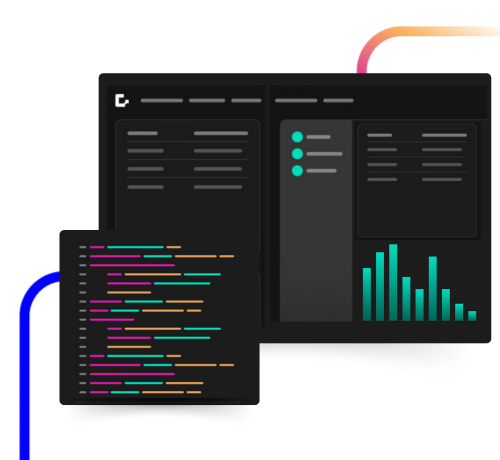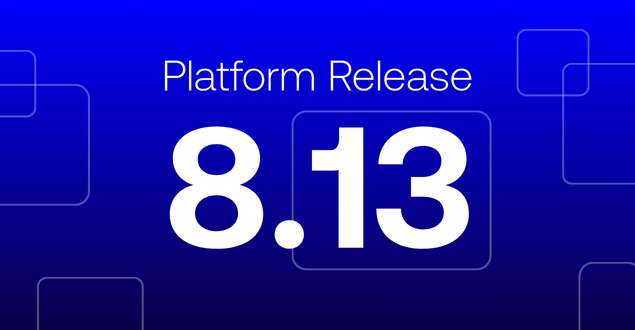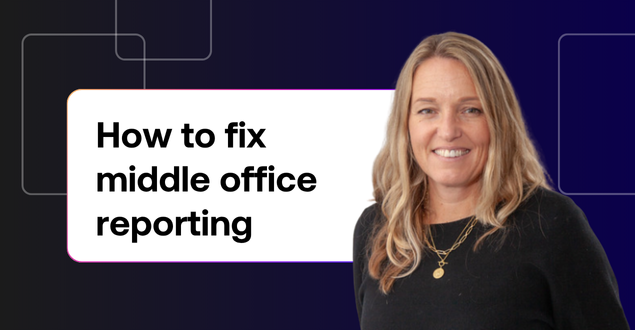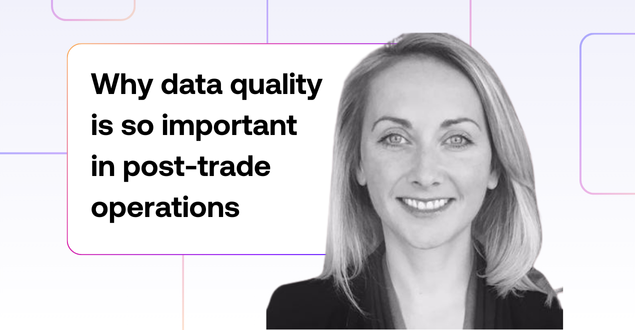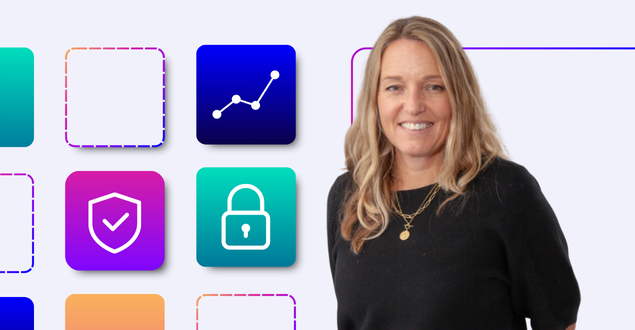
Table of Contents
Overhauling an entire middle office can be daunting and for many financial institutions, it’s not always possible. Vendor lock-in, resource constraints, and the risk of disruption often delay progress.
Yet, most middle-office leaders know their existing processes are slowing them down. Leaving inefficiencies unchecked leads to higher costs, compliance risks, and operational friction.
A practical approach is to start small: identify the biggest workflow gaps and resolve them first. By tackling high-impact areas, firms can build a stronger foundation for efficiency without the cost or disruption of a full overhaul.
The most common pain points we see include reporting, reconciliations, and notifications. Left unaddressed, these gaps can result in settlement failures, compliance issues, and reputational damage.
Reporting gaps undermine decision-making and compliance
Accurate and timely reporting is essential for sound decisions, risk management, and regulatory compliance.
However, financial institutions spend 30–40% of their time manually collecting and validating data instead of analyzing it (McKinsey). Manual processes increase the risk of errors, create inconsistent report formats, and delay critical updates to regulators and business leaders.
To improve reporting efficiency:
- Automate data exports and delivery of trade, allocation, and summary data to downstream systems.
- Create a single source of truth for all trading activity.
- Adopt self-service reporting tools with reusable templates that combine the flexibility of Excel with the control of enterprise-grade system, including auditing, permissions, and scheduling.
Reconciliation issues increase costs and risk
Each mismatch between post-trade systems raises costs and operational risk. A study by Oracle and Accenture found that more than 70% of financial institutions have experienced operational losses linked to poor reconciliation processes.
Manual reconciliation also contributes to failed trades. According to DTCC, these failures cost the financial industry up to $3 billion annually in processing. Fragmented or manual systems often fail to match trades quickly and accurately, leading to delays and potential penalties.
Reducing these risks starts with workflow-based reconciliation tools that:
- Automate trade matching against client instructions and external services.
- Integrate real-time reconciliation into middle-office processing.
- Surface breaks faster so mismatches can be resolved quickly and accurately.
Real-time reconciliation not only reduces failed trades and human error but also helps firms meet regulatory timelines and lower processing costs.
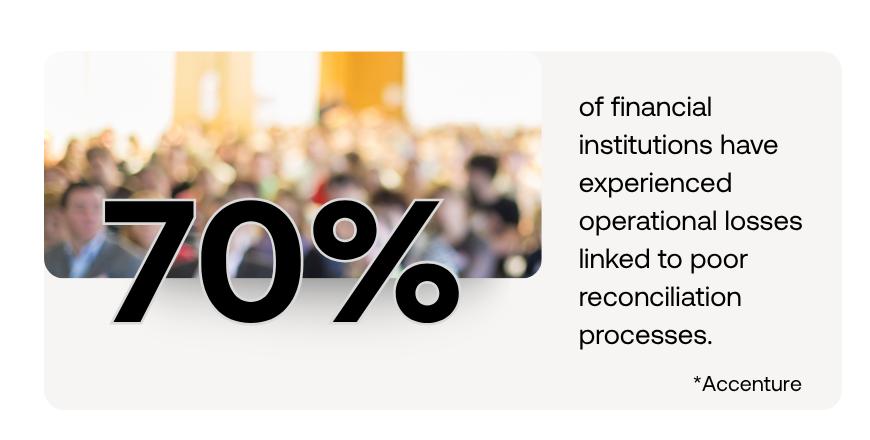
Notification and alert fatigue threaten compliance
Another frequent pain point is ineffective alert management. Missing or ignoring critical notifications can lead to serious financial and regulatory consequences.
Gartner reports that 45% of financial professionals miss important alerts due to information overload or poor prioritization. Often, this happens when:
- There’s no audit trail to confirm whether alerts were actioned.
- Notifications are irrelevant or too frequent.
- Escalation mechanisms are missing.
The solution is a notification system that offers:
- Real-time, configurable, rule-based alerts tailored to user roles.
- Searchable audit logs and escalation chains to ensure accountability.
- Integration directly into middle-office workflows, enabling teams to respond proactively to issues like trade breaks or failed transactions.
Building a stronger middle office
Whatever the gap, whether in reporting, reconciliation, or alerts, your solution should scale easily, adapt to change, and simplify how new processes are added or updated.
A modular, API-first architecture lets you fix immediate problems while building for long-term growth. It enables faster deployment, ongoing scalability, and lower risk.
If you’re ready to bridge operational gaps and strengthen your middle office, explore solutions like our Trade Allocation Manager.
Talk to our middle-office experts to learn how you can start reducing risk, improving efficiency, and building resilience for the future.
Start building finance-grade
applications 10x faster
Explore the Genesis Application Platform in action with a 60-day free trial* to get your first application built and in-market faster than ever before.
